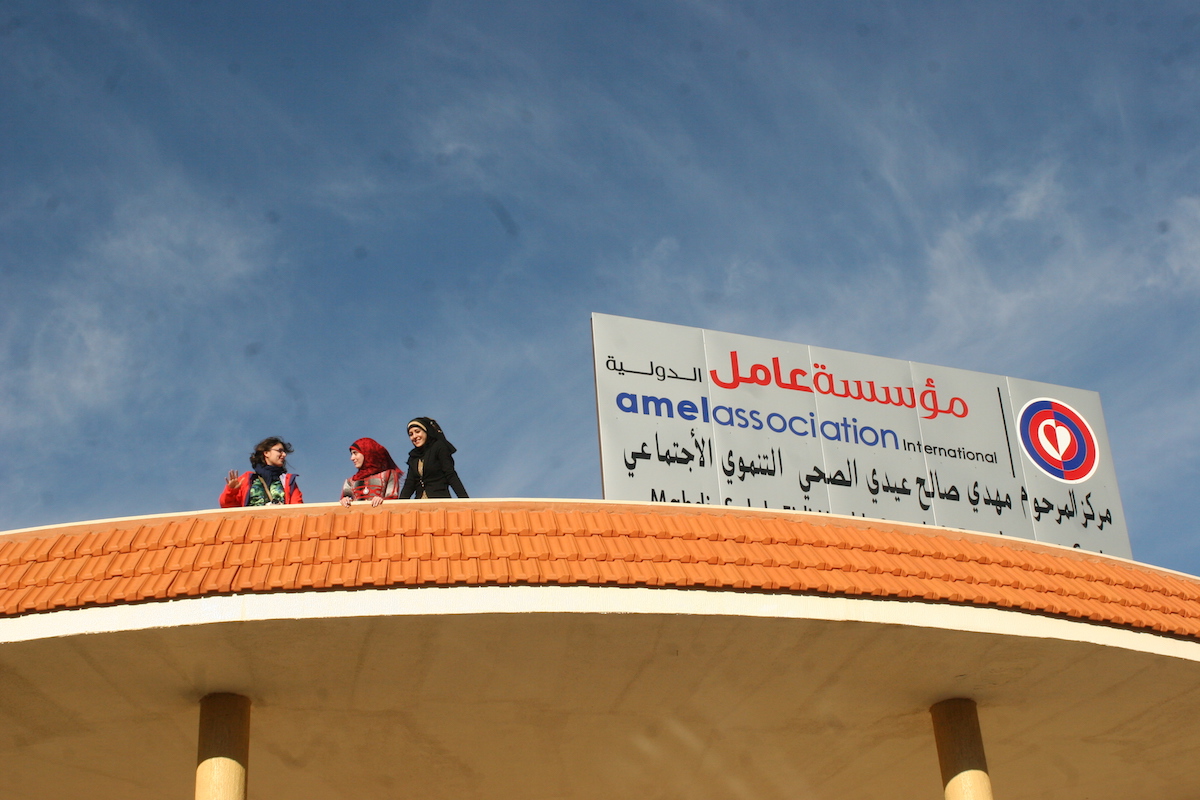Amel Warns of Humanitarian Consequences of Any Israeli Strike Targeting Lebanon
Since October 2023, the region has been experiencing a state of high and ongoing tension. In Lebanon, due to regional conflicts and military clashes on the southern Lebanese-Palestinian border, the risk and humanitarian threat have increased, particularly with the daily exchange of fire across the southern border. The most intense bombardment is concentrated within 12 km of the Blue Line, while targeted Israeli airstrikes reach deep into the country, extending up to 100 km from the border. Any Israeli attack on Lebanon has become a humanitarian disaster on all fronts, from human casualties to deep social and economic impacts.
Military attacks always result in a high number of civilian casualties, including women, children, and the elderly, and create a large wave of internal displacement that burdens host areas. We have seen the recent experience of the occupied entity in Gaza with indiscriminate bombing and targeting of populated civilian areas, and it will not hesitate to do the same in Lebanon if necessary. The international community must consider Lebanon’s difficult economic and social situation. This small country, geographically speaking, has undergone one of the harshest economic crises in modern history, leading to a decline in health and social services, and it will
not be able to withstand a new humanitarian disaster.
Since the beginning of the war in the southern part of the country, at least 107 civilians have been killed since hostilities escalated in October 2023. According to the Lebanese Ministry of Public Health, the total number of casualties since October 8, 2023, stands at 1,953, including 481 fatalities.
Amel Association International calls on the international community to take action, emphasizing that any Israeli attack on Lebanon cannot be viewed solely from the perspective of immediate material losses, but must also consider the comprehensive humanitarian consequences that cause long-term suffering for the population.
Amel has concrete experience in confronting the brutality of the occupying entity during crises. Recently, our health centers in areas such as "Khiam" and "Arqoub" were damaged, nearly resulting in the death of both staff and visitors. These centers have remained resilient alongside our steadfast communities in the southern villages as a form of humanitarian resistance. As the Israeli entity seeks to intimidate before killing, it explicitly targets health and social centers to tighten the siege on the southern villages, disregarding all international laws and norms that prohibit any harm to health facilities.
We affirm that Amel will not be deterred by any intimidation or threats from fulfilling our humanitarian duty to our people in the south and throughout Lebanon. We function as a vital community resource, striving to provide essential healthcare, social, and service support to the citizens of Lebanon. We are committed to standing by the Lebanese people in these challenging circumstances, offering medical, psychological, and social support, working on infrastructure rehabilitation, and strengthening social and economic cohesion.
We urge the international community and humanitarian organizations to act swiftly to uphold human rights and peace in the region, to prevent any military escalation in Lebanon, and to avoid repeating the current experience in Gaza. If this humanitarian disaster were to be repeated anywhere in the world, not just in Lebanon, the international community must reconsider its structure, role, effectiveness, and even its existence.
Prepared by Amel Association International


